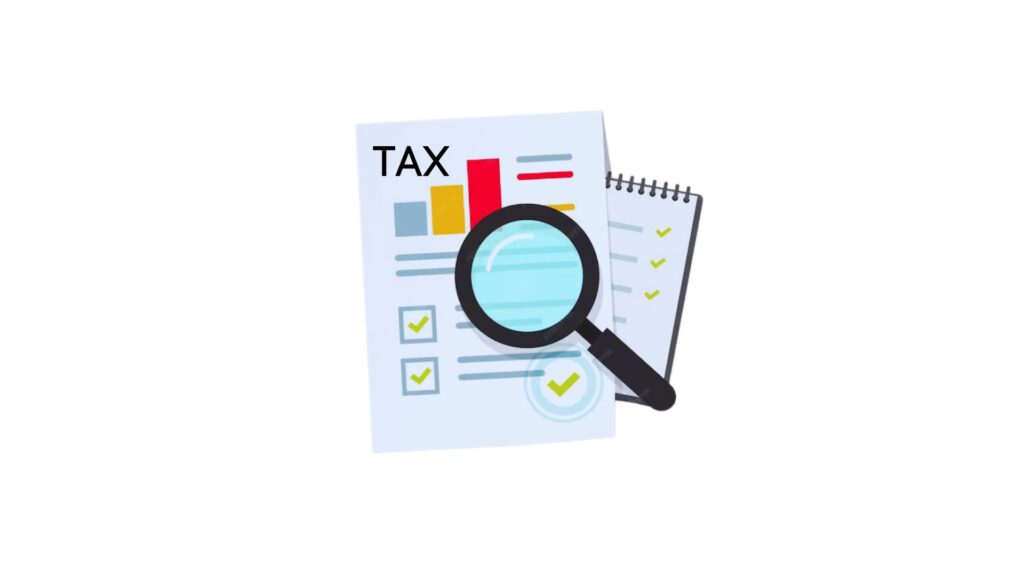
20 Apr Supreme Court issues notices on challenge to anti-profiteering rules

The Supreme Court has issued notices to the central government, the Central Board of Indirect Taxes and Customs (CBIC), the Goods and Services (GST) Council, and the National Anti-Profiteering Authority (NAA), which is now under the purview of the Competition Commission of India. These notices come in response to a petition filed by Swati Realty, challenging a Delhi High Court decision that upheld the constitutional validity of anti-profiteering provisions related to the GST system. Swati Realty argues that the High Court failed to recognize that these provisions are unconstitutional.
Earlier in February, the Supreme Court had also issued a notice to the Union government on a similar matter. The advocate representing the real estate player in the Supreme Court highlighted that the Delhi High Court agreed with the real estate companies’ assertion that the methodology employed by the NAA is flawed, especially in the real estate sector where there is no direct link between turnover and input tax credit (ITC) for a specific period.
The NAA was established in November 2017 to ensure that companies pass on the benefits of ITC and GST reductions to consumers by reducing prices. Since December 2022, the Competition Commission of India has been addressing complaints of profiteering by companies.
In January, the Delhi High Court upheld the constitutional validity of anti-profiteering provisions, stating that they aim to ensure a proportional reduction in prices when GST rates are lowered or due to ITC. The court ruled that these provisions are in the public interest and are consistent with the legislative authority granted under the Constitution.
Over 100 companies, including Hindustan Unilever, Patanjali, Jubilant Foodworks, and Phillips, had filed petitions against the anti-profiteering provisions in the High Court.


No Comments